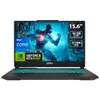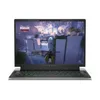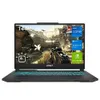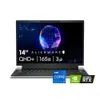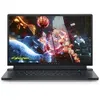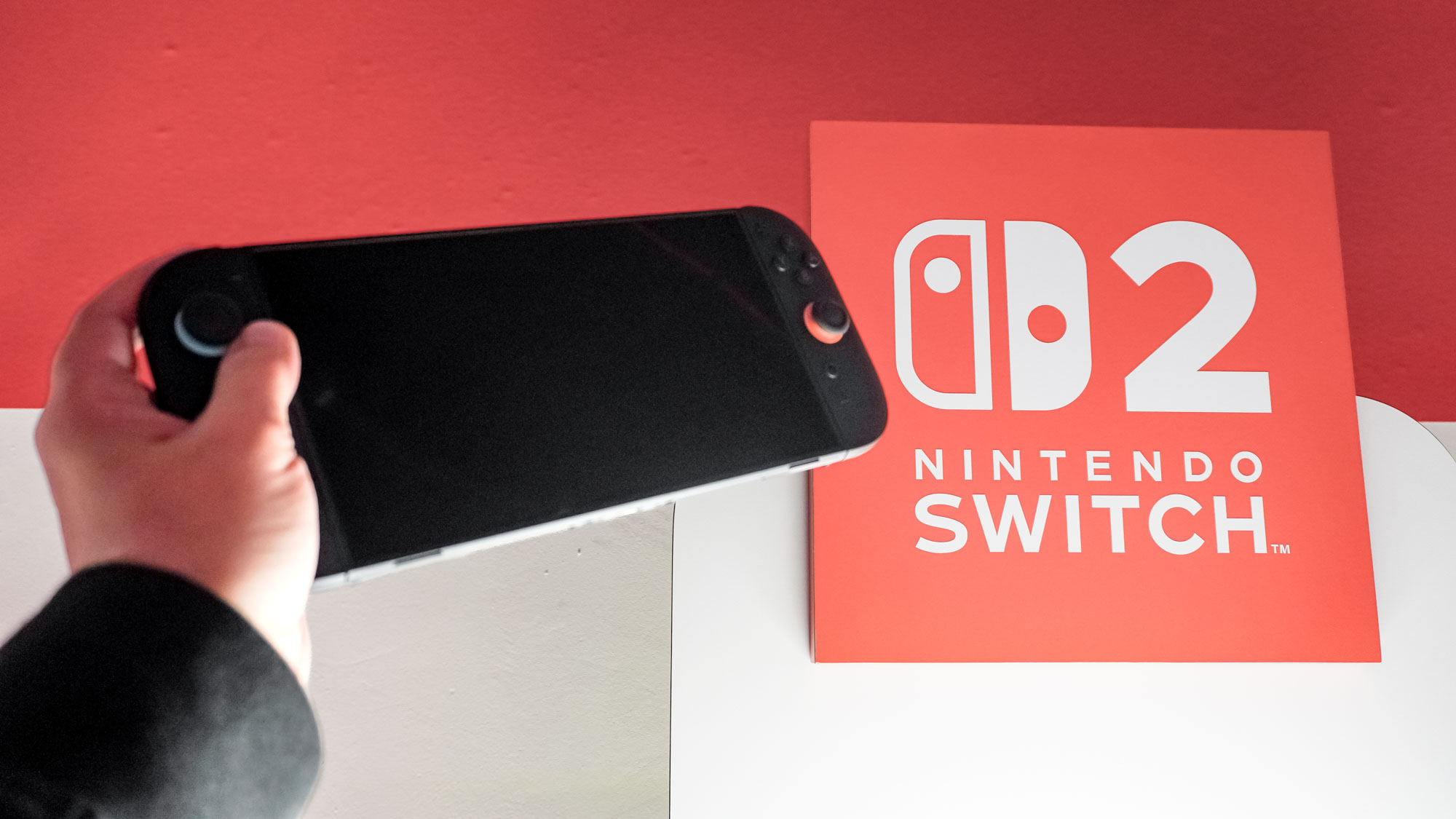RTX 5060 gaming laptop benchmark leak looks fake — but that's not my main concern with Nvidia's upcoming mid-range GPU
Don’t get ahead of yourself!
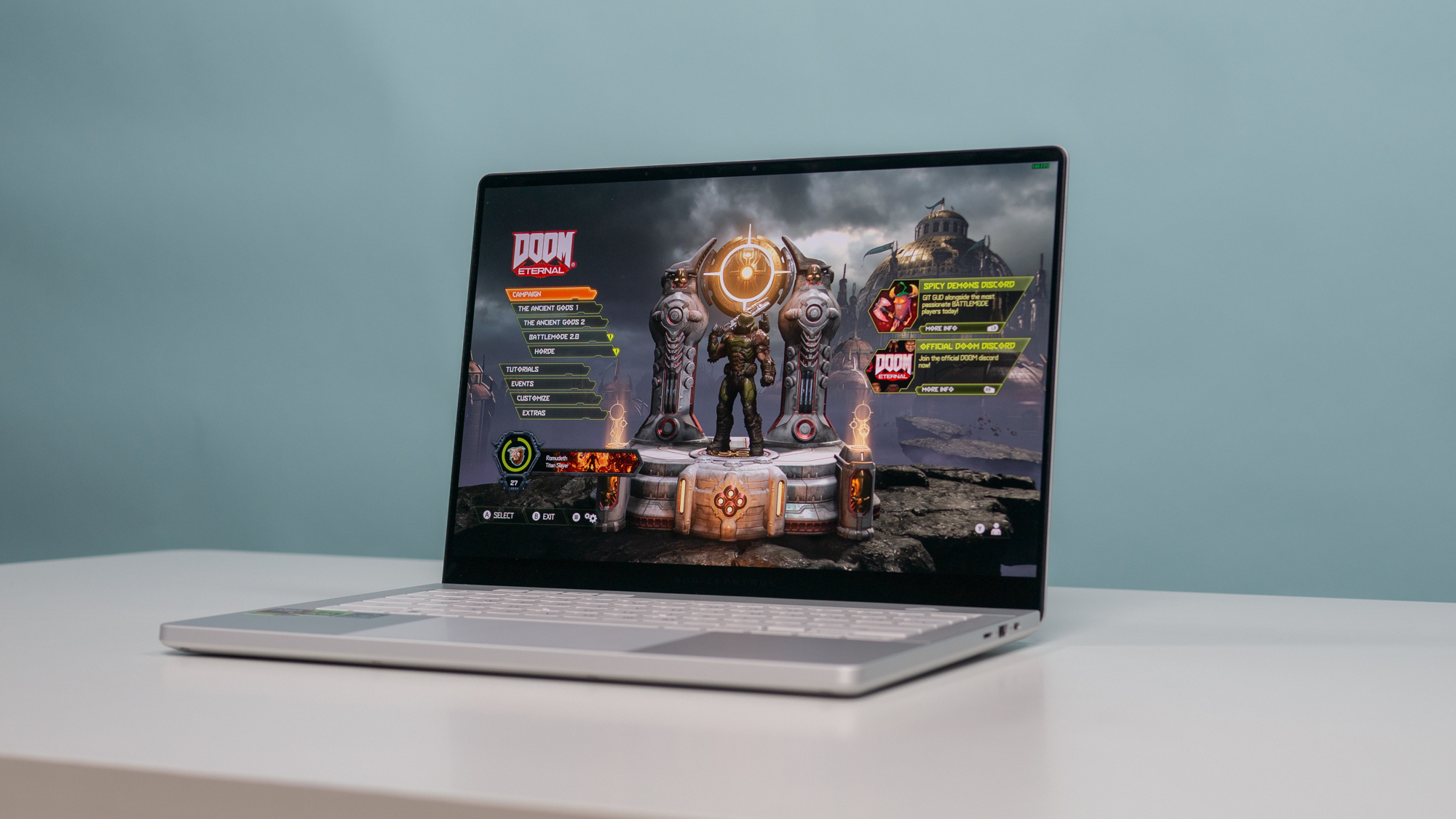
CES 2025 is going to be super gaming oriented, and at the forefront of that is all the hype surrounding Nvidia’s RTX 50-series GPU launch.
We’ve been seeing leaks all over the place — not only from your usual suspects on the rumor mill, but from retailers jumping the gun too. By this point, the main unanswered question is: what’s the performance like?
A few hours ago a 3DMark benchmark “leaked” of the RTX 5060 Laptop GPU that seem mightily impressive, but are also reportedly fake. So let’s take a look at what is being claimed (which I think Nvidia may come close to hitting in real-life performance testing), but also let me take a chance to highlight one particular concern I’ve got.
What’s the problem with the leak?
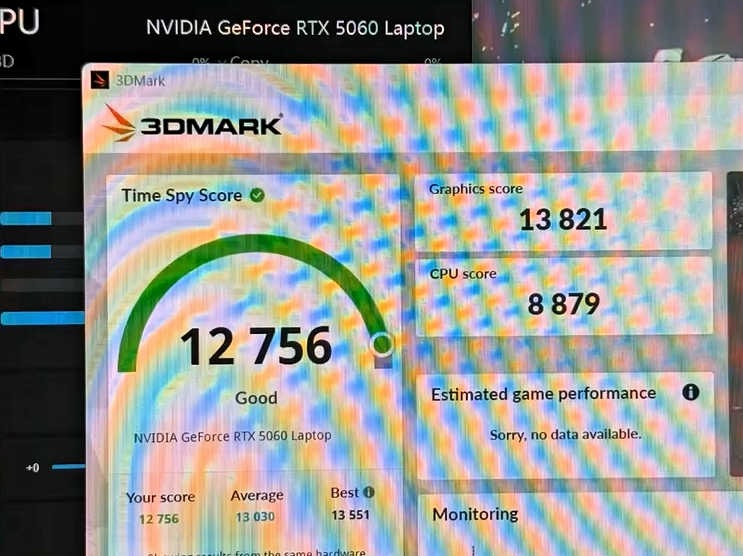
If the leak is to be believed (as reported by VideoCardz), the RTX 5060 is showing a score of 13,821 on 3DMark’s Time Spy benchmark — a test that we use ourselves to put the best gaming laptops through their paces. It shows a 32.5% improvement over the RTX 4060 and 10% over RTX 4070. Most interestingly, it’s also a higher score than the RTX 4060 Ti desktop GPU.
All seems good on paper, but do you notice that green checkmark next to “Time Spy Score?” That’s an indicator that it’s officially verified next to this particular hardware. It is a way to keep the results official and stops any sort of background trickery.
Most importantly, that would mean these are independently verifiable too through 3DMark's own search — which this result isn’t. That means one of two things: Nvidia has been quick to get this taken down (completely possible), or the numbers are fake.
Given where the results would put this at (being faster than a full-blown desktop GPU), HXL’s claims these are false have more weight to them. No matter what the company has managed to pull off through improving performance while reducing power consumption, I’d be shocked if the 5060 Laptop does outperform an RTX 4060 Ti desktop!
Sign up to get the BEST of Tom's Guide direct to your inbox.
Get instant access to breaking news, the hottest reviews, great deals and helpful tips.
So like any leaks or rumors, they’re fun to talk about, but take them with a pinch of salt.
There is one problem, though…

One thing that the rumor mill is all agreeing on at the moment is that the RTX 5060 laptop GPU may sport only 8GB of VRAM — the on-card memory that stores graphical data ready to use at a moment’s notice in the background to handle complex multi-layered operations.
There are already several AAA games that blow past that, such as Indiana Jones and the Great Circle, so this could prove to be a bottleneck problem. It’s clear that as visual fidelity gets increasingly more complex, it’s not necessarily about just the speed of the memory anymore. GDDR7 VRAM is a welcome upgrade, but quantity matters.
Plus, if we take a look at the laptop vs desktop GPU trends of the past couple years, Nvidia’s VRAM has largely matched between both cards — meaning we could see 8GB in the desktop card too. That is especially concerning with Intel’s Arc B580 sporting 12GB at a price that may be significantly lower than what Nvidia will charge for 5060.
Of course, all I’m doing right now is giving you my thoughts based on rumors and leaks. Wait until we get the official announcement to see whether this is true or not, but it would be fair to say that this is one of the CES reports that I’m hoping is not true — or at the very least, that there’s a significant-enough workaround to get past this potential limitation.
More from Tom's Guide
- AMD Ryzen AI Max Plus 395 benchmark has leaked — packed into a new Asus ROG Flow Z13 gaming 2-in-1
- I love a big bulky graphics card, but I think Nvidia's RTX 50-series may be the last of its kind
- Forget RTX 50-series — why I'm in no rush to upgrade from my 8-year-old graphics card

Jason brings a decade of tech and gaming journalism experience to his role as a Managing Editor of Computing at Tom's Guide. He has previously written for Laptop Mag, Tom's Hardware, Kotaku, Stuff and BBC Science Focus. In his spare time, you'll find Jason looking for good dogs to pet or thinking about eating pizza if he isn't already.

